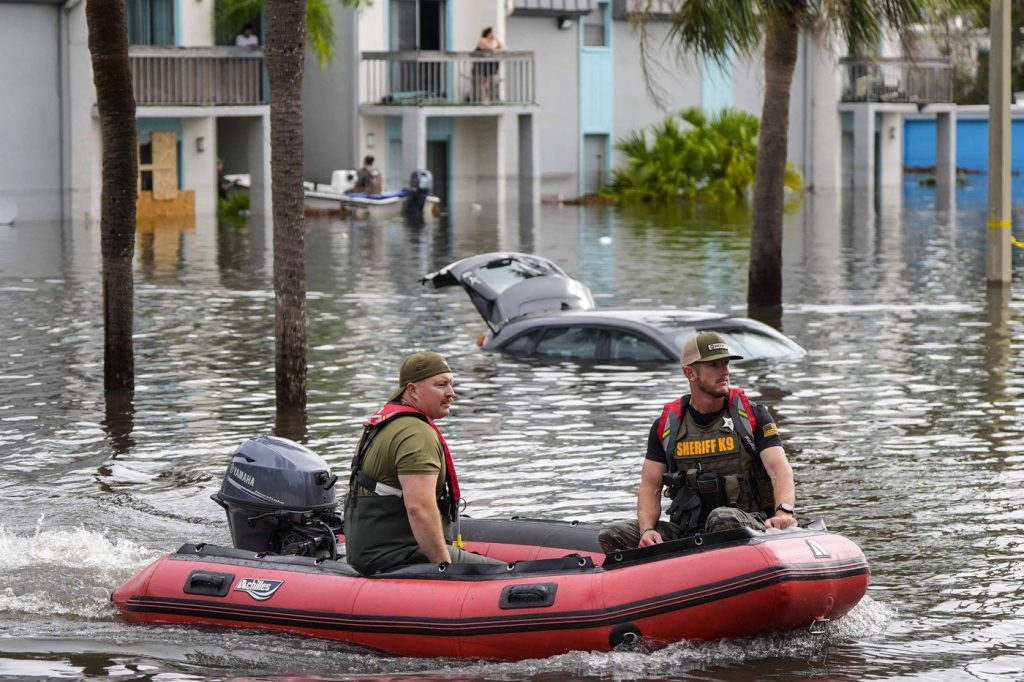The National Oceanic and Atmospheric Administration (NOAA) announced on Monday that it is delaying the planned cutoff of essential satellite data used in hurricane forecasting by one month. Originally set for June 30, the termination of data collected from three Defense Meteorological Satellites has now been postponed until July 31. This decision comes amid the current hurricane season, which typically peaks between mid-August and mid-October.
Last week, NOAA had faced warnings from meteorologists and scientists about the severe consequences of discontinuing this key data, which is vital for understanding hurricane dynamics. The microwave data provided by the Defense Meteorological Satellite Program is significant as it offers unique insights not available from conventional satellites. Experts emphasize that this data includes three-dimensional details about storms and their behaviors during nighttime hours, which are critical for accurate forecasting.
The initial plan to cut off the data stemmed from concerns about mitigating a "significant cybersecurity risk," according to NOAA. The agency has faced scrutiny this year, including considerable cuts from the Department of Government Efficiency, raising fears about its capacity to manage and deliver accurate weather forecasts. In response to these concerns, NOAA stated that the satellite program contributes to "a single dataset in a robust suite of hurricane forecasting and modeling tools" available through the National Weather Service.
Despite NOAA's reassurance that other data sources are capable of delivering reliable weather forecasting, experts have voiced concerns over the potential impact of losing this specific dataset. Marc Alessi, a science fellow at the Union of Concerned Scientists, highlighted the importance of this data in detecting rapid intensification of storms and accurately predicting their trajectories. With climate change exacerbating extreme weather occurrences, the ability to monitor and forecast hurricanes becomes increasingly critical.
Alessi articulated the broader implications of losing this crucial satellite data, saying, “Not only are we losing the ability to make better intensification forecasts, we are also losing the ability to predict accurately where a tropical cyclone could be going in its development stages.” He added that the data is essential for both seasonal forecasting and long-term climate monitoring, which is vital in the context of global warming.
Although NOAA’s spokesperson affirmed that the agency’s data sources remain robust, the scientific community stresses the need for all available tools, including the microwave data, to effectively monitor and respond to climate-related challenges. The discussions around this delay reflect ongoing tensions between operational necessities and the challenges posed by cybersecurity and resource allocation in governmental agencies.
Overall, the impending cutoff has raised concerns about the reliability of hurricane forecasting in a climate that is becoming increasingly unpredictable. The delay until July 31 may offer a temporary reprieve, but it underscores ongoing vulnerabilities in the nation's weather monitoring systems as they navigate cybersecurity challenges and operational constraints.











